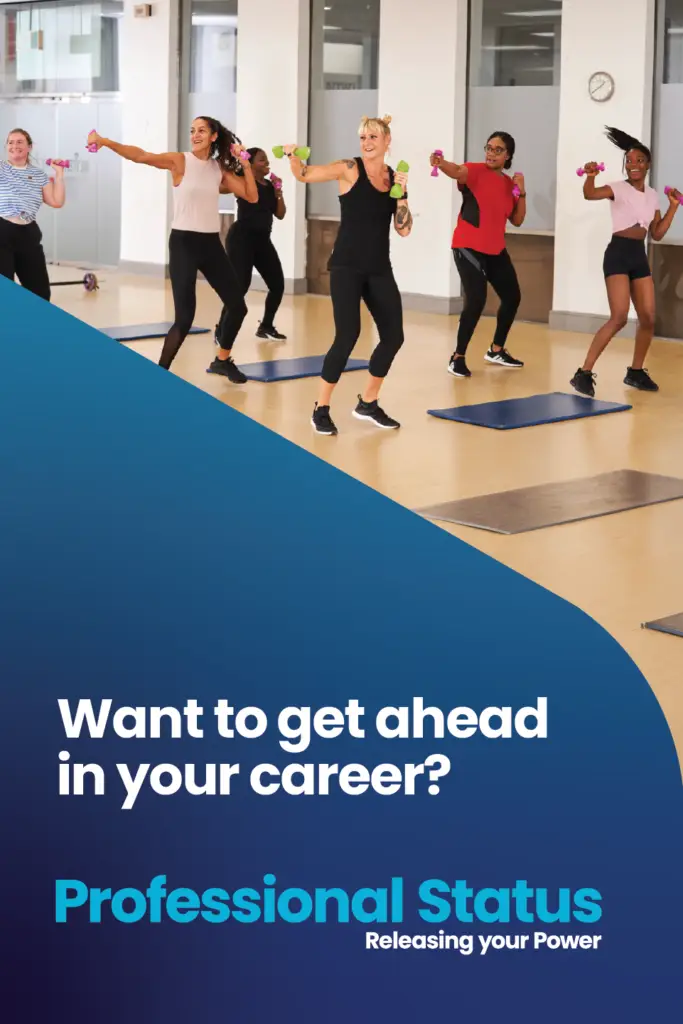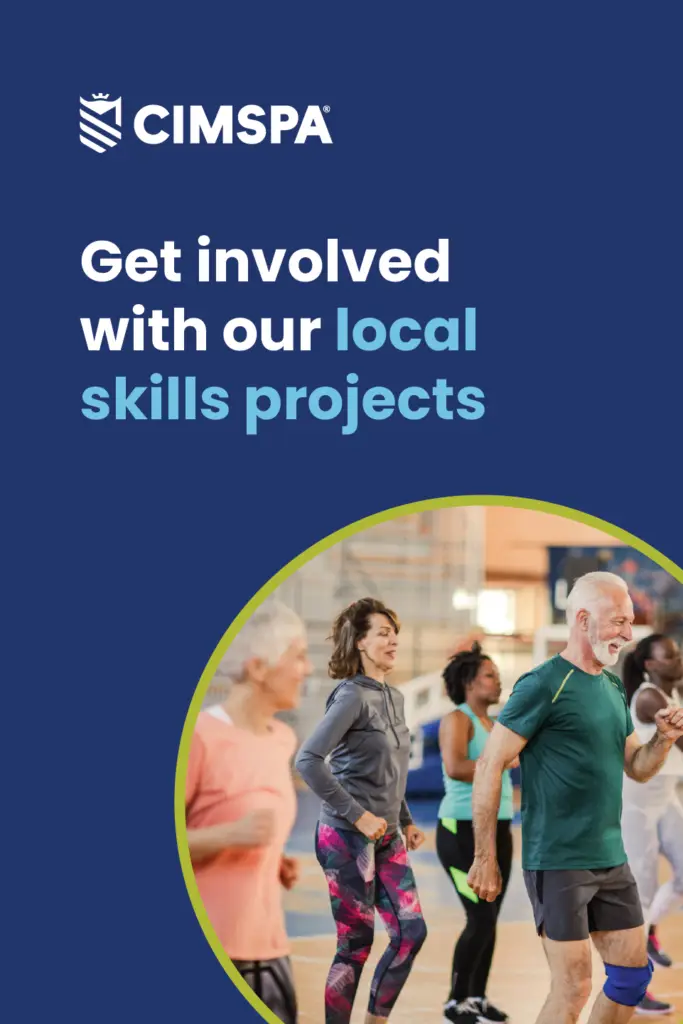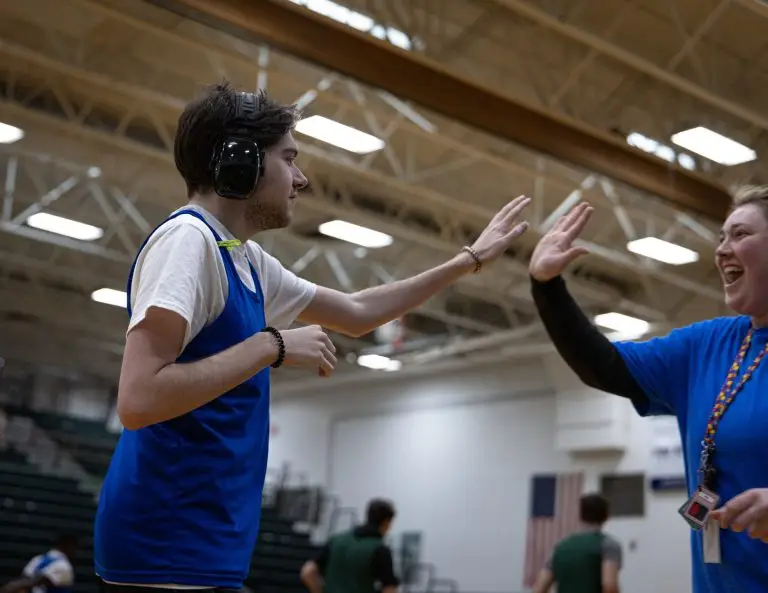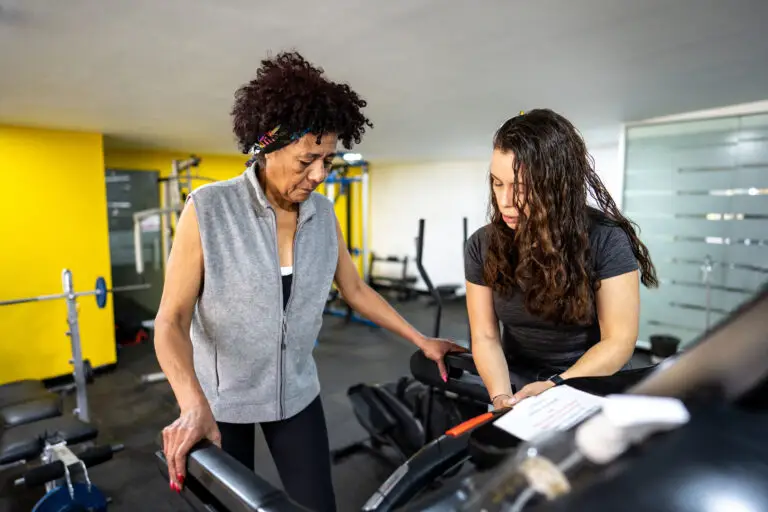Helping young adults to thrive
Recent findings indicate that sport and physical activity form a key part of wellbeing for 17–25-year-olds
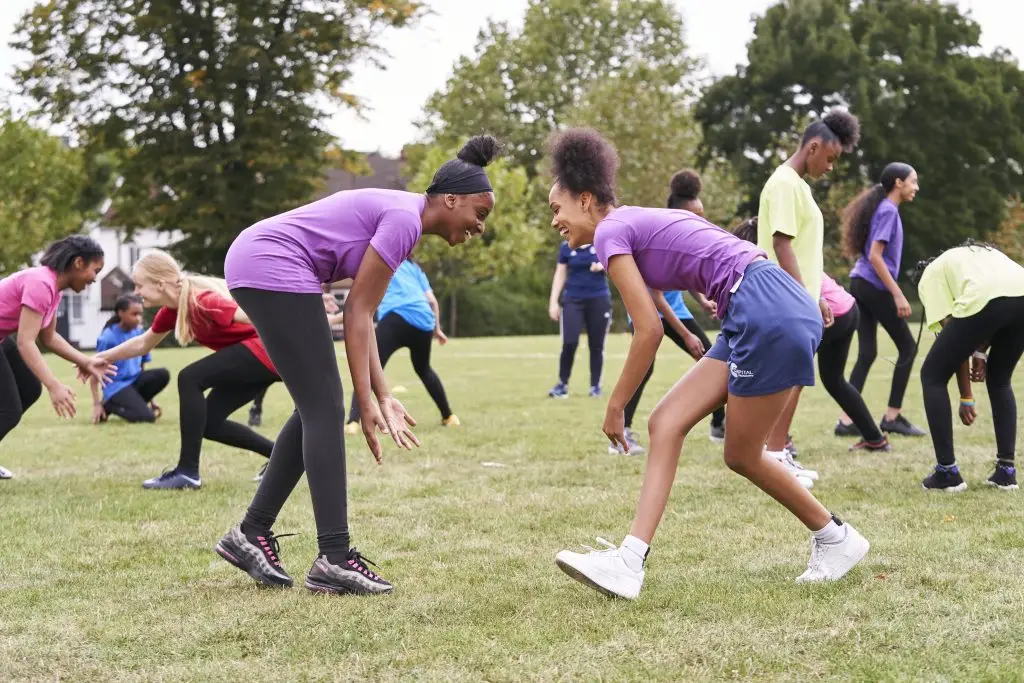
A new study from the University of Otago has highlighted three simple but powerful ingredients that help young adults flourish: sleep, physical activity and a healthy diet. Together, these everyday habits have been found to have a significant impact on mental health and wellbeing, showing that small lifestyle changes can make a real difference during one of life’s most challenging transitions – from childhood to adulthood.
For those working across physical activity, sport, health and wellbeing, the findings offer both a reminder and an opportunity that when we help young people move more, eat well and rest properly, we’re doing much more than improving fitness; we’re laying the foundations for a great future.
Understanding what drives wellbeing
The research team followed over 1,100 young adults aged 17–25 across three countries, combining large-scale surveys with two daily diary studies to understand how lifestyle factors influence day-to-day wellbeing.
Their focus wasn’t on illness but on what helps young people feel well and to experience purpose, optimism, energy and satisfaction with life.
Across all three studies, the results were consistent:
- Sleep quality came out as the single strongest predictor of mental wellbeing.
- Eating more fruit and vegetables also had a clear positive link, even helping to buffer some of the effects of poor sleep.
- Being physically active made a difference, particularly when people were more active than usual for them that day.
The study found that it didn’t take perfection to make a difference. Participants didn’t need to overhaul their lives because modest, consistent improvements across these areas were enough to see measurable boosts in mood and mental health.
What this means for physical activity professionals
This research may seem to sit squarely in the realm of psychology or nutrition, but it has huge implications for our profession. It reinforces what many in the physical activity sector already understand instinctively: that movement, rest and nourishment are interdependent.
Good sleep emerged as the most powerful predictor of mental wellbeing, but physical activity is one of the most effective ways to improve sleep quality. Helping young adults to establish consistent activity habits, even with a light to moderate intensity, can promote deeper, more restorative sleep.
The study’s finding that fruit and vegetable intake can buffer the negative effects of poor sleep shows how nutrition interacts with other lifestyle factors. This reinforces the value of promoting joined-up wellbeing habits because when one pillar wobbles, strengthening the others can help maintain balance.
The biggest improvements were seen not in those hitting elite levels of fitness or perfect diets, but in those who simply did a bit more than usual. This is an important message for young adults who may feel overwhelmed by all-or-nothing wellness advice or unrealistic social media content. It’s important to recognise that encouraging achievable, incremental changes builds confidence and momentum.
The age group studied, 17 to 25, is one of the most critical life stages for forming lifelong habits. It’s also a time marked by major life transitions – at this age, people might be moving out of home, studying, starting work, managing finances and building new social networks. For any physical activity professional working with this cohort, understanding these pressures is key to helping them maintain wellbeing.
Turning research into practice
How can physical activity professionals translate this evidence into action?
It’s easy to overlook sleep when designing programmes, but it may be the missing link for many young people struggling with energy or mood. Encouraging consistent bedtimes, reducing screen use late at night and incorporating wind-down stretches or mindfulness can make a difference.
Encouraging regular movement across the week which is not necessarily high intensity, but consistent, is crucial. That might mean gym sessions or sport for some. For others, walking or active commuting might be more achievable – but the goal is progress, not perfection.
Where appropriate, collaborate with nutrition professionals or signpost young adults towards reliable guidance. Reinforce simple habits such as eating more fresh food, prioritising fruit and vegetables, and avoiding letting meals slide when life gets busy.
Universities, colleges and workplaces all have a role to play in creating cultures that support healthy routines. This includes flexible timetabling for physical activity, promoting movement breaks and providing affordable, nutritious food options.
Consider integrating subjective wellbeing questions into your programmes, not just fitness measures. Tracking energy levels, sleep quality and mood alongside activity data helps demonstrate impact and supports a more holistic approach.
From coping to thriving
This research doesn’t introduce a new concept. Most of us know sleep, diet and exercise are good for us, but the study reframes them as core drivers of wellbeing. For young adults, the difference between coping and thriving may depend less on motivation and more on rhythm, using consistent, connected habits that support body and mind together.
For the physical activity workforce, this means our role goes far beyond promoting exercise. We’re uniquely placed to support young people in developing the routines and resilience that underpin lifelong health.
As Dr Shay-Ruby Wickham, one of the lead authors, summed up:
“You don’t need to be perfect. Just sleep a little better, eat a little healthier, or move a bit more than you normally do and you’ll feel the difference.”
It’s a message perfectly aligned with our profession’s ethos which is start where you are, move forwards and help others do the same.





